|
E-publishing and romance
|
There’s a lot of conversation going on right now, on various loops and blogs, about the RWA’s new rules for the RITA contest, which require entries to be “mass-produced” and effectively exclude most e-books or books published using POD (print-on-demand) technology.
I don’t really want to get into contest rules nitty-gritty–I know those kind of things are by definition arbitrary, and it’s impossible to make everyone happy. I don’t envy the (hard-working, volunteer!) rule-makers one bit. I’ve heard the RWA leadership has already committed to looking into the issue further, and that’s good. What I do want to blog about is something more general.
As the RWA’s current policies are arranged, an author who publishes a work of fiction (over 20K words) with an e-press (even if that press is on the RWA’s list of Non-Subsidy, Non-Vanity Publishers) is no longer considered unpublished for the purposes of entering the Golden Heart. However, neither is she considered “published” and PAN-eligible unless she can prove earnings of greater than $1000 for that book. And unless her book meets the (vague, undisclosed) definition of “mass-produced in print”, she cannot enter it in the RITA. Basically, an author who chooses to e-publish must do so with the knowledge that she’s forfeiting certain valuable RWA benefits without gaining any new ones. To me, that adds up to an RWA organizational bias against e-publishing. I’m not saying this was the intention, but it’s the de facto effect. And this general bias bothers me, more than any individual fairness concern.
My pollyanna self just wishes RWA, as one big happy organization, would adopt a basic position that e-publishing is good for romance. I’m not talking about any particular e-publishers, nor any specific e-books…just the simple existence of e-publishing as a new, groundbreaking means of distribution, whether it’s used by large or small publishers. I believe it is a good thing, for all of us, for several reasons. Here are a few off the top of my head:
1) New markets. E-books can be purchased anywhere, by anyone with an Internet connection. They bring romance to new readers around the world, thereby increasing and enhancing the audience for our genre as a whole. Good thing.
2) Niche markets. By definition, mass-market publishers just can’t (or won’t) take chances on books targeted to a small, if loyal readership. Small presses and e-publishing give them a home, which gives us authors more outlets for our work and greater creative freedom. Good thing.
3) Innovation. As a corollary to both 1&2, e-publishers can push the boundaries of the genre in ways traditional publishers can’t or won’t. But when these experiments are commercially successful, the NY pubs take note and think twice. E-publishing can be a kind of laboratory for cutting-edge romance, expanding our print markets. Good thing.
4) More royalties. E-publishers typically pay larger royalty percentages (because they don’t pay large advances), but that’s not all I mean here. With e-publishing, a book can stay available for public purchase long after it goes out of print–which means an author can keep making money from it, instead of just watching copies exchange hands at used-book stores and getting no further royalties. Good thing.
5) Oprah. Come on, if Oprah is talking about e-books, you know the masses will follow. Why wouldn’t we want a piece of that?
Don’t get me wrong – I don’t want printed books to go away, not at all. And I doubt they will. But e-books are only going to increase in market share. And I think it’s wonderful that we as writers have this new way to reach readers, grow our audience, stay fresh, push the boundaries, and make more money. Whether an individual author chooses to pursue e-publishing or not, the existence of e-publishing is a benefit to the genre as a whole.
At least, I think so. Sometime in the coming week or so, I’ll blog about why I think e-publishing is of benefit to me, as an individual author.


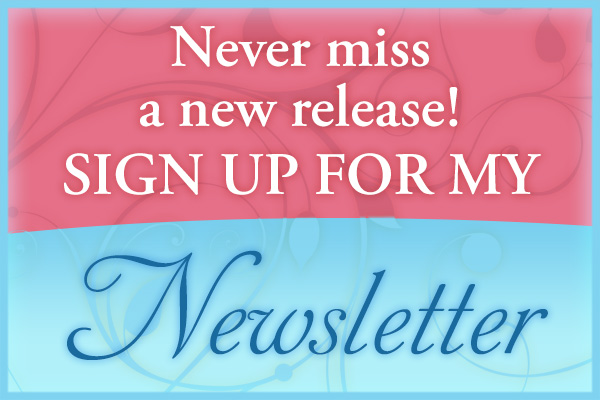
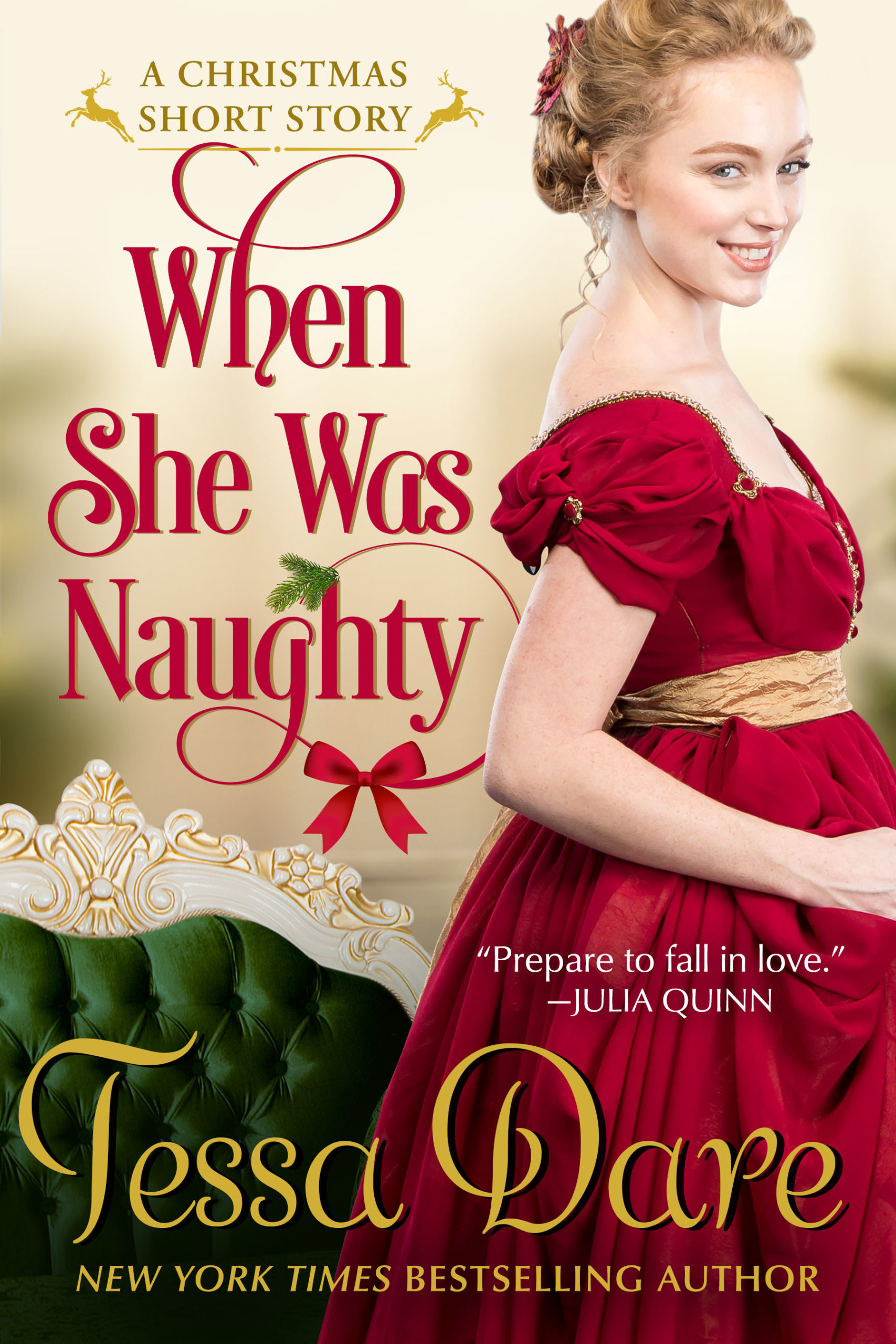
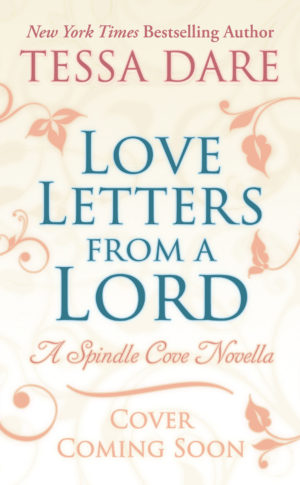
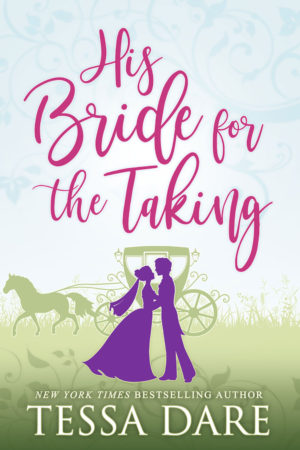
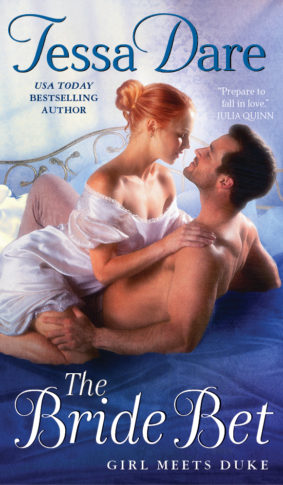
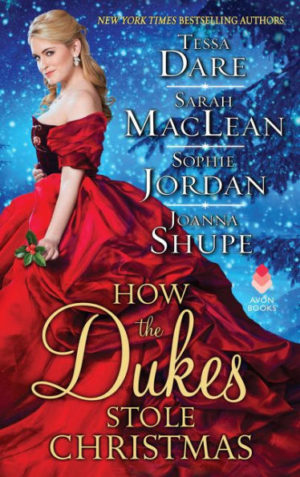

January 21st, 2009 at 5:54 pm · Link
Thanks for speaking up for those of us who fall into the no-man’s lands between the GH and Rita. I’ve come to see it as being symbolic of my place in the organization. Ouch.
One other important aspect of e-books: they’re green. No trees get harmed in their making.
January 21st, 2009 at 5:59 pm · Link
I agree with this 100%. My own thoughts are much more rambling, and unlike you, I shoot my mouth off before thinking through potential ramifications. 🙂 But this is absolutely right–it’s hard to imagine why someone would object to a trend that increases romance readership and increases the diversity of romance novels. I think that if the RWA leadership were to say something like this, it would go a long way towards healing the divide.
Uh, provided actions met words, you know.
January 21st, 2009 at 6:22 pm · Link
Excellent point, Gina – e-books don’t kill trees. They most especially don’t kill 20,000 trees with the expectation of selling 10,000 copies. 🙂
As for the no man’s land feeling…all I can say is, thanks for hanging there! It makes me so sad every time I hear an author say she let her membership lapse over these issues.
CM, at least you tried to think about solutions! That’s the hard part – any time I start trying to imaging rule changes that could “fix” the situation, it gets worse! That’s why I don’t hold anything against the various RWA committee and board members who have tried their best to work it out…it’s a very complex and evolving issue. But maybe it’s time to step back from the minutiae and take a wide-angle evaluation of e-pub’s growing role in publishing and romance – I’d love to see RWA take a strong role in advocating for best practices in e-publishing, recognizing publishers who meet them, giving members the information they need to evaluate their own publishing options and negotiate contracts… it would help us all, I think.
January 21st, 2009 at 6:53 pm · Link
Fantastic post, Tessa! I couldn’t agree more. I find point #3 particularly important. I understand that RWA believes the traditional publishing model is the one that best supports so-called career-focused writers – and this may be true in most cases. But everyone seems to agree lately that there are some serious flaws – the outdated returns system, inflated celebrity advances – within this model. I don’t understand how RWA can expect to play a larger role in the industry without educating themselves about alternative models, models that could push traditional publishing to become more innovative and competitive -and ultimately better for authors.
Thank goodness there are people like you, Courtney, and the others in our circle to help give a voice to these issues!
January 21st, 2009 at 8:06 pm · Link
I’ll be the first one to wonder why we all can’t just get along and work together on this one. It seems simple that e-books should be included, and that those who are e-pubbed not be left out of contests simply because that’s their means of production. I don’t like it when anyone feels like they’re not getting the same treatment as others, but I just don’t know what to do.
January 22nd, 2009 at 6:06 am · Link
Gina is spot on about the “green” issue. It’s a very big deal to my two high-school girls and all their friends, and they are our current and future market!
January 22nd, 2009 at 10:53 am · Link
This is one of the best blogs I’ve seen on this topic. And all important points, including the saving of the trees. I do think those who make these rules and other RWA policies have the right intentions. I just think the results of the decisions tend to backfire on the writers involved.
One of the major problems is one that has existed between the Arts and business throughout the years – Putting a price on art and on effort. RWA wants writers to be properly compensated, but in pursuit of this goal, they at times do more harm than good.
I too believe someday we’ll see this all ironed out. Probably not to the point that everyone is happy, but I think something more fair and beneficial for all will emerge. Open communication is definitely the first and possibly most important step. I would love to see this blog presented in some way during a discussion on the matter.
January 22nd, 2009 at 12:43 pm · Link
Lindsey, I would agree – in the long run, it’s the potential for innovation and efficiency that makes me believe we should embrace e-publishing in all its various forms. The big traditional publishers are already looking at ways to increase e-formats, I think, so we are in danger of appearing behind the times. What we need is for Nora to come out with an e-book original…problem solved. 🙂
Ely, I’m like you – I just want everyone to play nice and get along. 🙂 But I do realize that in any contest with limited resources and judges, there inevitably will be someone left out…but I hope they can look at the rules and work out something that’s a little more consistent and fully explained. The ‘air of mystery’ doesn’t help matters.
Gillian – excellent point, that our new generation of readers will be far more accepting of e-book technology, and perhaps prefer it to print.
Terri, I completely understand that RWA is concerned about maintaining a certain value for our “product”, so we don’t lose clout as an organization or as individual authors. But at the same time, I think we have to be trusted to make the decisions that are best for our own professional goals. I don’t know how much $ I’ll make on my Samhain novella–nowhere near what I got for my books, of course–but it was a professional decision for me, nonetheless. Career factors other than $ (although I do expect to make some $) led me to go that route. Some authors feel so strongly about the integrity of their stories, they aren’t willing to change them in ways that might make the books more marketable to a large publisher. Instead, they make an informed decision go with a small or e-press and give up earnings in favor of creative freedom and personal satisfaction. Is that person less professional, or dedicated to her craft?
Sorry, not attacking *you*. Just rambling. 🙂
January 22nd, 2009 at 12:49 pm · Link
You’re preaching to the choir, Tessa. LOL! What I meant was that you really can’t put a price on art. Or an exact value on a person’s written work. It’s a slippery slope and never an exact science.
When a business sells any widgit, it’s usually something they can put an exact value on. They can calculate what went into making it including all parts and labor. How do you do that with a book? It’s almost intangible. Therein lies the complication.
It’s like trying to hold jello with tongs.
January 22nd, 2009 at 9:45 pm · Link
<>
Well, if she does decide to do this, I *might* know an editor who would be interested. 😉
January 22nd, 2009 at 9:46 pm · Link
Silly wordpress – that was in reference to you Nora comment 🙂
January 25th, 2009 at 9:05 am · Link
Great post, Tessa. I was completely unaware of all of this. I’d really have to agree with you on all counts- that’s a very well reasoned analysis of what’s going on. Now I’m really interested to go and do further research on this topic! Can’t wait for your next blog on how this benefits you.:)
January 26th, 2009 at 6:56 pm · Link
My own opinion is that if e-published authors are getting the shaft, then the RWA does not represent “romance authors,” but romance authors published by NY. Ellora’s Cave, and probably Samhain, Loose-Id and other successful e-publishers were given the scepter by the RWA, but the goal of the organization is for romance writers to develop their craft and career, network, make friends, write, and for the organization to be an advocate for the genre. Declaring who is “published” and who is “unpublished” steps beyond the bounds of the RWA’s original intent.
January 26th, 2009 at 7:09 pm · Link
It just appears to me that the adjustment and readjustment of what constitutes a published author is just an attempt to plug the holes causing the RWA to leak. Honestly, if the RWA tinkers with their accepted publisher’s list to make sure it is a “professional writers’ organization” on par with MWA or SF/FWA, etc, they’re going to be in for a fight because oops, those groups only accept published authors in their ranks.
Which, in turn, I feel causes much of the problems in the organization. At least from a spectator’s POV. Half the problems created within are caused by the desire for a power infrastructure. That PRO pin or that PAN pin are symbols of a power infrastructure the RWA created, I’m going to guess, when the ratio of published to unpublished authors began to tip towards the latter. I’ve spoken with a few writers who joined the RWA, or helped found it, and they’re pretty dismayed by what’s happening twenty-odd years later. It sounds turn-coat of me, as an unpublished author, but half of these issues would be slashed if the RWA ran the organization like the MWA, or even the UK’s RNA.
But what do I know? Ultimately, my best bet is to keep writing until everyone figures out what it is the RWA is there for. Not to say the organization is useless, because it can be a positive experience if you want it to be so, but so many agendas are at cross-purpose within it, it has gotten to the point where it just seems like any move the Board makes steps on a bunch of toes, and even when they don’t move, people are angered.
January 27th, 2009 at 10:59 am · Link
Evangeline, are you not an RWA member? I’m not a member of the other groups you mention, so I can’t really say how they compare. But believe me, even though I think we could be handling this whole issue better, I lurvve the RWA to bits and pieces. It was invaluable to me as an unpubbed writer, and it’s invaluable to me as a soon-to-be-pubbed one. Serving on my local chapter’s board this year, even in a very small capacity, has really opened my eyes to the tremendous amount of effort it takes to run the organization, and how hard the members of the various boards and committees are working.
And there’s absolutely no way to make everyone happy, but I don’t agree that RWA should stop drawing distinctions between PRO and PAN. Those levels of membership are, IMO, less about power than they are more about marking milestones and connecting with other writers with similar interests, and I think most members like having them. The problem right now (in my view) is that conflicting rule sets have created this group of people (mostly e-pubbed authors) who don’t really fit in either group. And that’s hurting all of us, because it won’t be long before every published author is an e-published author, in one way or another. We’re all going to have electronic editions of our books, whether we’re with big or small publishers. That’s why I wish the organization would embrace the potential of the technology and focus on advocating for authors’ best interests within e-publishing.
February 2nd, 2009 at 6:35 pm · Link
Ha, I’m late, but it appears my response the day of the actual conversation was swallowed by the internet gods.
I’ll just make it short and snappy then: if the RWA put themselves out there as a group for romance writers to learn their craft, find support and make good decisions, then the differing paths to publication (NY, e-pub, self-pub, etc) should be a moot point–particularly since everyone pays dues to belong. However, if they want to define what it means to be published in their eyes, they should stick to it, and say outright they don’t exist to support non-traditional paths to publication. That way, all the heartache and fuss can be dispensed with. Although, IMO, if you’re paying your dues to an organization, it should represent your needs and desires. It would be like me paying dues to what…the KKK, knowing full well they’d kill me before letting me don a white robe (ok, bad analogy *g*).
By excluding authors who make a living but happen to make that living through e-publishing, the RWA is discriminating based on method of publication. It is noble to say their guidelines are to protect writers (esp after the Trisk meltdown), but the action only shores up resentment and creates hierarchies that don’t need to exist if we all belong the group to celebrate romance fiction. If the RWA can’t come to a consensus–which seems to revolve around the RITAs each year–they aren’t representing themselves as an advocate for romance writers. The RWA is not about romance publishers–e or NY–but the writers.